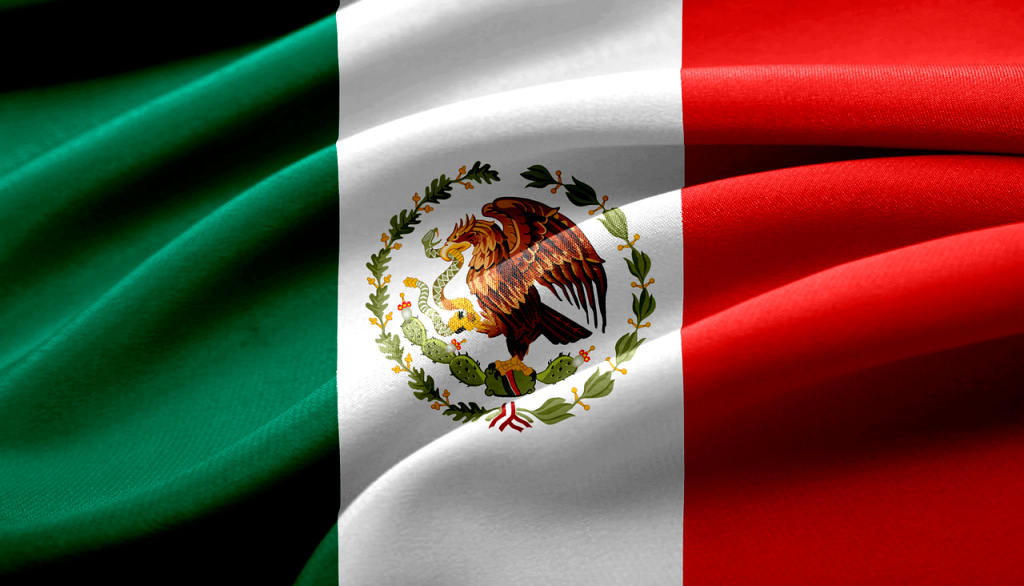A frequent question I get asked by prospective immigrants to Mexico is, ‘What is the difference between permanent residency and citizenship?’ It is an important question, and one that should be clarified as confusion between the terms exists. The answer, however, is simple.
Difference between Permanent Residency and Citizenship
Mexican Citizenship
Citizenship is the status that a Mexican national holds. It is documented via a birth certificate (and passport) if born in the country, or a passport if via naturalization. By becoming a citizen you will usually hold both Mexican nationality and your original nationality, e.g. Canadian. However, some countries may require you to relinquish your original nationality upon acquisition of Mexican citizenship.
Mexican Residency
Citizenship is not the same as residency. Residency, temporary or permanent, is the status of a foreigner who has legally immigrated to Mexico. It is documented by a residency card. The resident is not a Mexican national and retains their foreign nationality.
Temporary residency has a maximum limit of four years per application. Permanent residency is indefinite. Permanent residency may be granted immediately to qualifying new immigrants (retirees and foreign parents of children born in Mexico). However, it is more common to become a temporary resident and achieve permanent status subsequently. Residency is managed by the National Migration Institute (INM).
Obtaining Citizenship in Mexico
Should a resident desire to become a Mexican citizen, they can apply only after five years* of Mexican residency, via the process of naturalization. (*Two years if applying via family unity.) This application is not managed by INM, but rather by the government’s Secretariat for External Relations (SRE).
While residents are subject to most of the same conditions, laws and benefits of Mexican nationals, there are some variations. For example, residents cannot
vote in Mexico’s government elections.
buy land in certain restricted areas, e.g. 50 KM from the coast, without a fideicomiso.
participate in public protests.
Residents may continue to enjoy consular support from their country of origin while in Mexico. They also may have their resident status revoked at any time by the immigration authority in accordance with national law.
Naturalized citizens will receive a Mexican passport. They will then enjoy all the rights that a Mexican-born national enjoys, and equally be fully subject to Mexican law while in the country. They can no longer solicit consular recourse from their country of origin while on Mexican territory.
Why Request Citizenship?
That is a personal choice motivated by numerous factors. Some desire to enjoy full rights as a Mexican national, including voting and unrestricted land ownership. Others wish to enjoy a second passport for financial or security purposes. Spouses, children or parents want to align their status with that of their family members. While others simply desire to officially recognise Mexico as their permanent home.
In a Nutshell
Mexican citizenship is only granted to persons born in Mexico, or successful candidates after a minimum period of residency via the naturalization process. When immigrating to Mexico, one will initially apply for temporary or permanent residency, and not citizenship.

